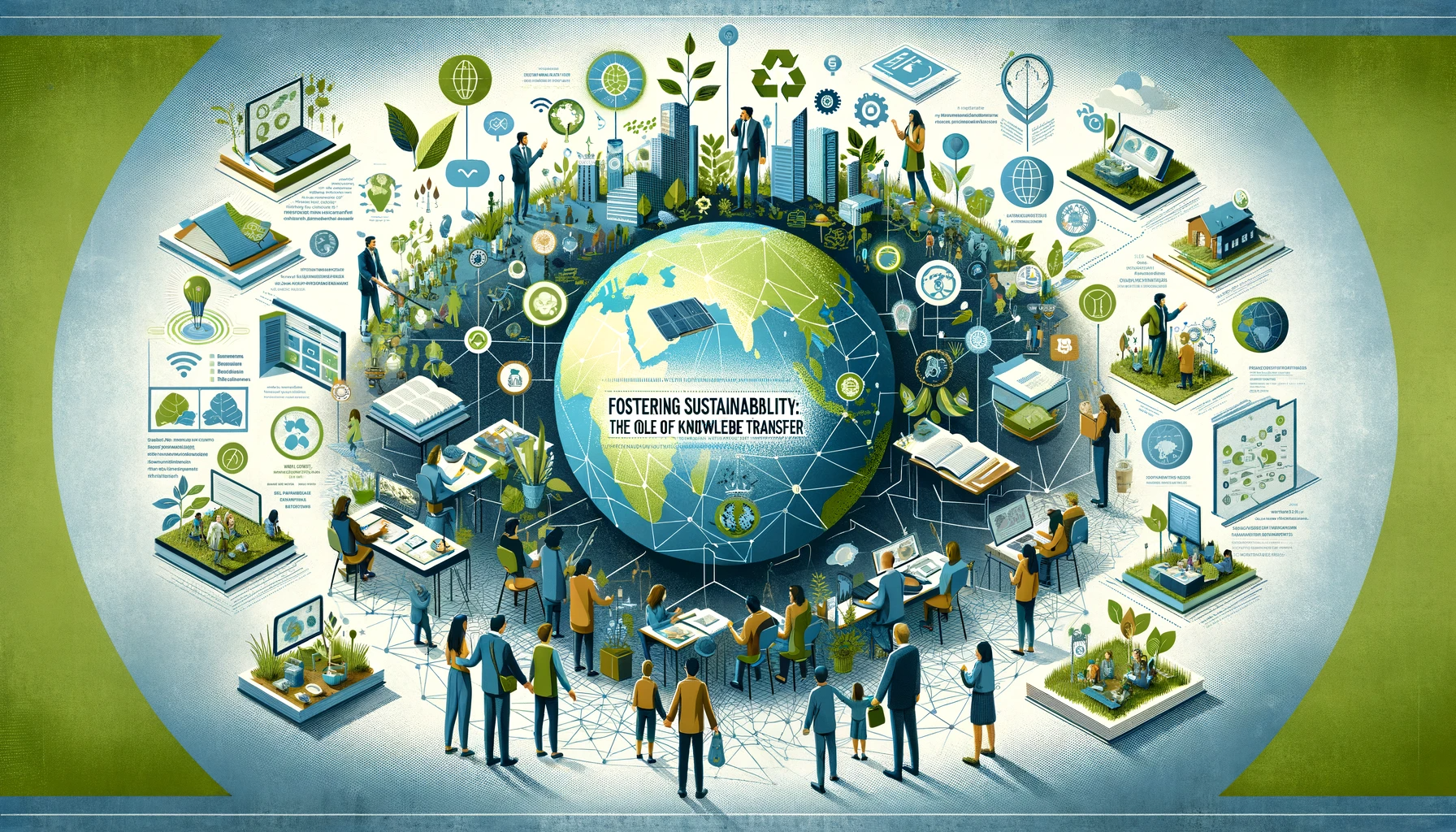In the face of ongoing environmental degradation and resource depletion, the pursuit of sustainability has become a global imperative. A key ingredient in this quest is knowledge transfer – the sharing and dissemination of insights, experiences, and innovations that encourage sustainable practices. An effective knowledge transfer system is pivotal in moving society towards sustainability.
Knowledge transfer for sustainability is a multifaceted process involving the exchange of information across different levels: individuals, organizations, industries, and nations. This transfer is not a one-way street; it is an active interaction that reshapes knowledge in every exchange and triggers innovation.
The importance of knowledge transfer in sustainability can be observed in various contexts. In the business world, for example, companies can learn from each other’s best practices in sustainable operations, thereby reducing their environmental impact while still maintaining economic viability. Similarly, sharing sustainable farming techniques amongst farmers can help enhance food security while preserving biodiversity and minimizing environmental impact.
Technology also plays a crucial role in knowledge transfer for sustainability. Innovations like green technology, digital platforms, and artificial intelligence can hasten the dissemination of sustainability practices, promote collaboration, and stimulate new sustainable solutions. The exponential growth of open-source platforms and digital forums has provided a significant boost to the sharing of sustainability ideas and practices, making it possible to bridge the knowledge gap across geographical boundaries.
The role of academia in this realm is equally significant. Universities and research institutions serve as crucial hubs for generating and disseminating knowledge about sustainable practices. By collaborating with industries and policymakers, they can translate academic findings into practical, real-world solutions.
However, knowledge transfer for sustainability faces challenges. There is a pressing need for an effective translation of complex sustainability knowledge into forms that can be readily understood and applied by diverse stakeholders. In addition, traditional knowledge systems, particularly those of indigenous communities, are often overlooked, despite their deep understanding and harmonious relationship with nature.
Furthermore, to foster a truly sustainable society, the knowledge transfer process must be inclusive. All stakeholders, from grassroots communities to global organizations, must be part of the conversation. Ensuring everyone has access to, can contribute to, and benefit from shared knowledge is vital to collectively tackling sustainability challenges.
In conclusion, knowledge transfer is a crucial lever in our quest for a sustainable future. It facilitates the exchange of sustainable practices, encourages innovation, and nurtures an ethos of collective responsibility. We must continue to improve our strategies for sharing and co-creating knowledge about sustainability, harnessing the potential of technology and fostering collaboration across all sectors of society. Together, through shared understanding and cooperative action, we can navigate the path towards sustainability.


